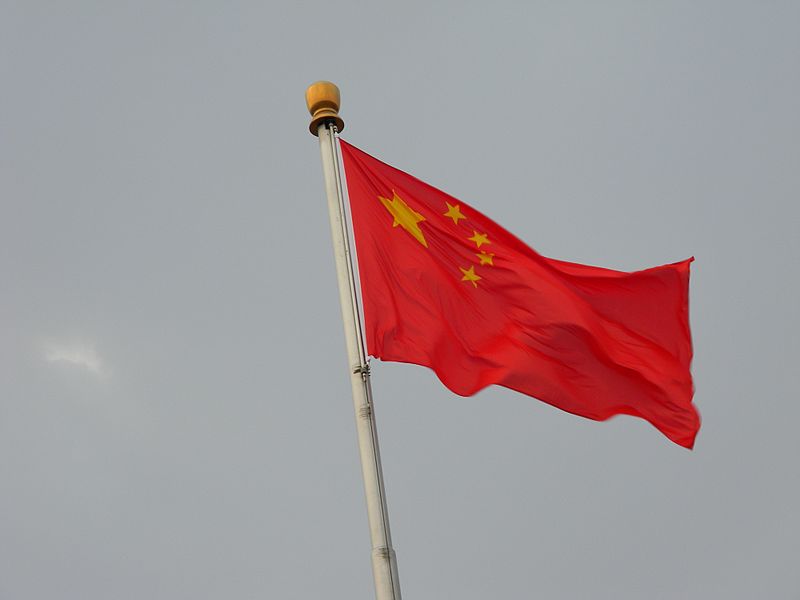
March 15, 2015, by Tony Hong
Is China’s International Strategy a Trojan Horse?
By Joseph Healy,
MA student in Contemporary Chinese Studies, UNNC
When President Xi Jinping said in January 2014 that China would become “proactive” in international affairs, did this signal that China was abandoning its “non-interference” foreign policy stance, first enunciated as the Five Principles of Peaceful Coexistence by Zhou Enlai in 1955?
Is the growing suspicion in the West on China’s international strategy down to judging China by the West’s own history and drawing a long bow to paint a scenario that threatens Western interests, or is there a “Trojan Horse” strategy playing out that validates Western concerns?
These are legitimate questions in a geo-political world that is arguably operating at a heightened level of risk not seen since the 1950-60’s.
The rise of China is not the rise of just another country. As Jacques (2009) and Zhang (2012) highlight, it is the rise of a civilisation state with a long history and a fifth of humanity. Kissinger (2012) notes that China sees itself a returning power; a return to a normal state of affairs and Lee Kuan Yew (2011) states “It is China’s intention to be the greatest power in the world”.
As the largest trading partner to over one hundred nations, some with a high economic dependency, it is reasonable to note that history tells us that degree of political influence tends to increase with the asymmetry of the economic relationship. The temptation to deploy economic aid for strategic purposes has proven irresistible to others in the past. Is China locked-in to a path-dependency outcome that will result in a regional hegemon? Is there a model of a Sinocentric world order?
Whilst China is not an advocate of universal values, the anxiety in the West is partly fuelled by the emphasis placed on nationalism within China playing largely to an internal audience but now heard loudly by an external audience, increasingly concerned by the risk of a more overtly xenophobic nationalism. How this nationalism is interpreted is important, but growing tensions with Japan, for example, together with seemingly closer links to Russia, all play to greater not less anxiety.
How real is the perceived threat? According to power transition theory, for one country to pass another in military capabilities is a very traumatic experience likely to result in war (Dittmer, 2010). To grow in economic terms is less sensitive. However, convincing others of benign intentions can be challenging when military spending is increasing more rapidly than GDP.
Criticism is made of China’s unwillingness to play a greater role in international security. Domenach (2012), argues that in international affairs “China has long behaved like a stowaway: it profited without paying the price.” Provocatively, Domenach likens China’s engagement with international institutions to that of a large overweight adolescent who enters a small swimming pool, outraging others because he stirs up a lot of water, but knows only the rudiments of swimming.
Advocates of a Trojan Horse would see China as a rational actor, guided by Adam Smith’s “invisible hand”, and thus see the use of economic aid through the lens of Tian Ji’s strategy: ” in a situation where your overall strength is weaker, you should be aware of and make the best use of your comparative advantages, create and build up your own asymmetric strengths over your opponents and eventually win” Zhang (2012).
A more balanced assessment would place fears of a Trojan Horse into the perspective provided by Shirk (2008), Shambaugh (2013) and summarised by Nye (2010) who argues that “the greatest danger we have is overestimating China itself… this magnification of China creates fear in the U.S. and hubris in China.”
Perhaps the residual risk is not that of China’s Trojan Horse, but that the West is trapped in a paradigm of international affairs which sees winners and losers, whereas China might see a more harmonious world order that is more ‘win-win’. There is a credible argument that the world would benefit from the checks and balances of two super powers actively engaged through modern institutions. In order to achieve this, are shared values a prerequisite? Perhaps not, but mutual understanding and respect for values and cultural differences is.
No comments yet, fill out a comment to be the first

Leave a Reply